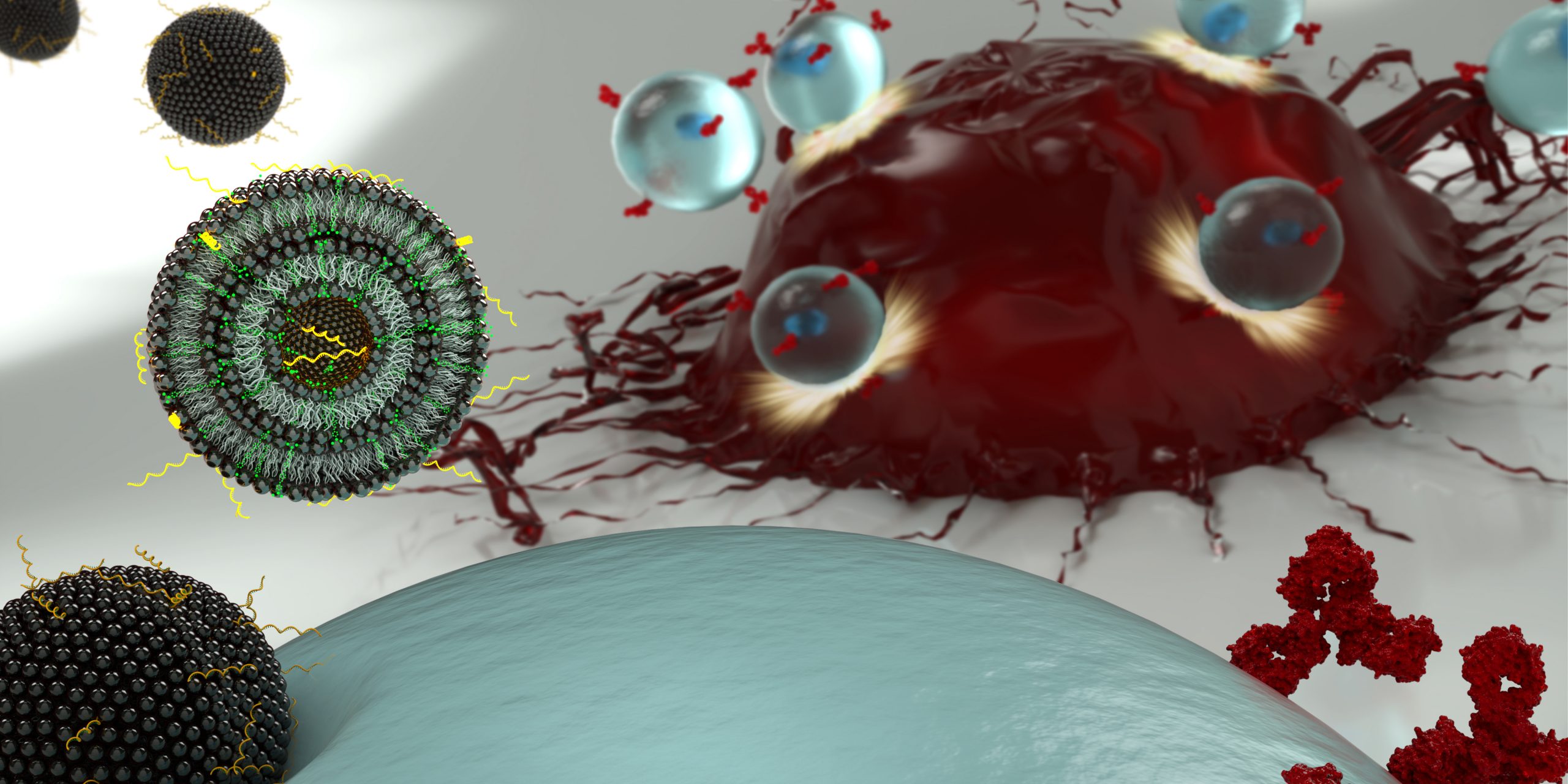OVERCOMING BIOLOGICAL BARRIERS TO DRUG DELIVERY
The Mitchell Lab is based in the Department of Bioengineering at the University of Pennsylvania. Our research lies at the interface of biomaterials science, drug delivery, and cellular and molecular bioengineering to fundamentally understand and therapeutically target biological barriers. We apply our research findings and the technologies developed to a range of human health applications, including cancer metastasis, immunotherapy, genome editing, cardiovascular disease, and regenerative medicine. Current research projects include: synthesis of novel biomaterials and nanoparticles for the delivery of nucleic acids (siRNA, miRNA, mRNA, CRISPR-Cas9) for cancer therapy; engineering of immune cells for immunotherapy and vaccines; investigating the influence of biomaterial chemical structure on in vivo transport to target cells and tissues using high-throughput screening platforms; and novel drug delivery technologies for tissue engineering and regenerative medicine.

